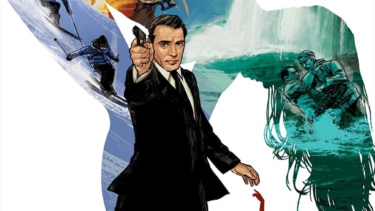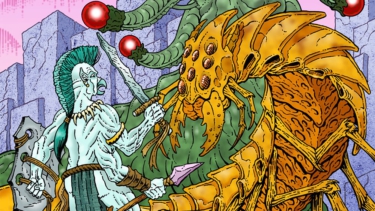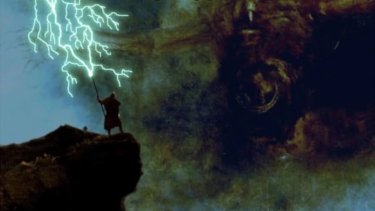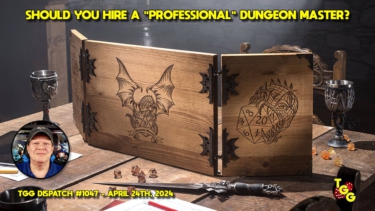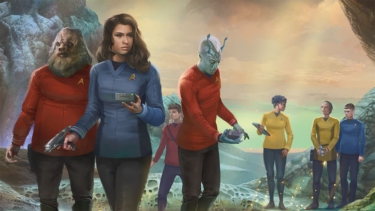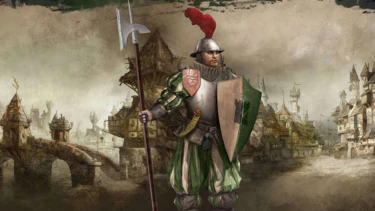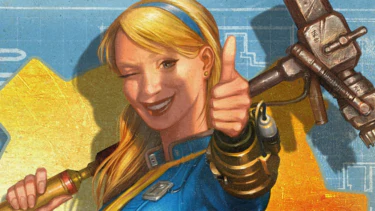Two Hermann Luttman designs have arrived on the P500 pre-order program over at GMT Games. Visitors to TGG know Hermann is one of our favorite designers and both of these historical wargames look like they’ll be excellent additions to any wargamer’s collection!
From GMT:

Hammerin’ Sickles: Longstreet Attacks at Gettysburg is a game simulating the fighting on July 2nd, 1863 during the second day of the Battle of Gettysburg and focuses on the southern portion of the battlefield. These engagements involved General Longstreet’s attack against Sickles’ positions, with troops from Hood’s and McLaws’ Divisions, assisted as well by Anderson’s Division of A.P. Hill’s Corps.
The game is specifically designed to be a playable regimental-scale game that players can complete in a long evening. It allows the players the immersive experience of tactical combat without the heavy rules overhead normally found in such games, while also delivering a comprehensive experience of limited intelligence and unexpected events. The game features the Blind Swords chit-pull system which emphasizes the three “FOW’s” of military conflict: fog-of-war, friction-of-war and fortunes-of-war. With each chit pull, players will be challenged to make tough decisions based on their assessment of the situation at that moment. Unlike traditional chit-pull systems, the Blind Swords system ensures that no combat units can be counted on, or conversely, counted out. This yields an environment of tense action and constant surprises – an environment that will challenge each player.
On the morning of August 16th, 1870 at the Gravelotte crossroads outside the fortress of Metz, Napoleon III, Emperor of the French Second Empire, turned over command of the Army of the Rhine to a reluctant Marshal Francois Achille Bazaine. The Army of the Rhine, the last intact field army and already the last hope for France during the two-week old Franco-Prussian War, was gathered around the protection of the Metz fortress complex. The Prussian I and II Armies were sweeping forward, hot on the heels of the retiring French.
But poor weather and a disorganized cavalry screen allowed the French army to break contact with the pursuing Prussians. Helmuth von Moltke, Chief of the Prussian General Staff, instructed his armies to wheel south of the fortress, cross the Moselle River and attempt to catch the French in flank. The only problem with this plan was – where were the French? The resulting two-day campaign produced some of the more remarkable battles in military history – the Battles of Mars-La-Tour and Gravelotte-St. Privat. These two battles produced over 60,000 casualties, with each army suffering equally. Both battles had significance not only for the Franco-Prussian War, but for the course of European history. In fact, Otto von Bismarck remarked at Versailles in January 1871: “What is certain beyond argument is that the war – and with it the future of Europe – was decided at Mars-la-Tour on 16 August 1870.”
- Slay the Spire: The Board Game to Assault Stores July 25th - Apr 26, 2024
- Shakespeare Vs. Cthulhu: What Dreams May Come Nears Kickstarter Goal - Apr 26, 2024
- The RPG Consent Checklist on The Gaming Gang Dispatch #1048 - Apr 25, 2024





